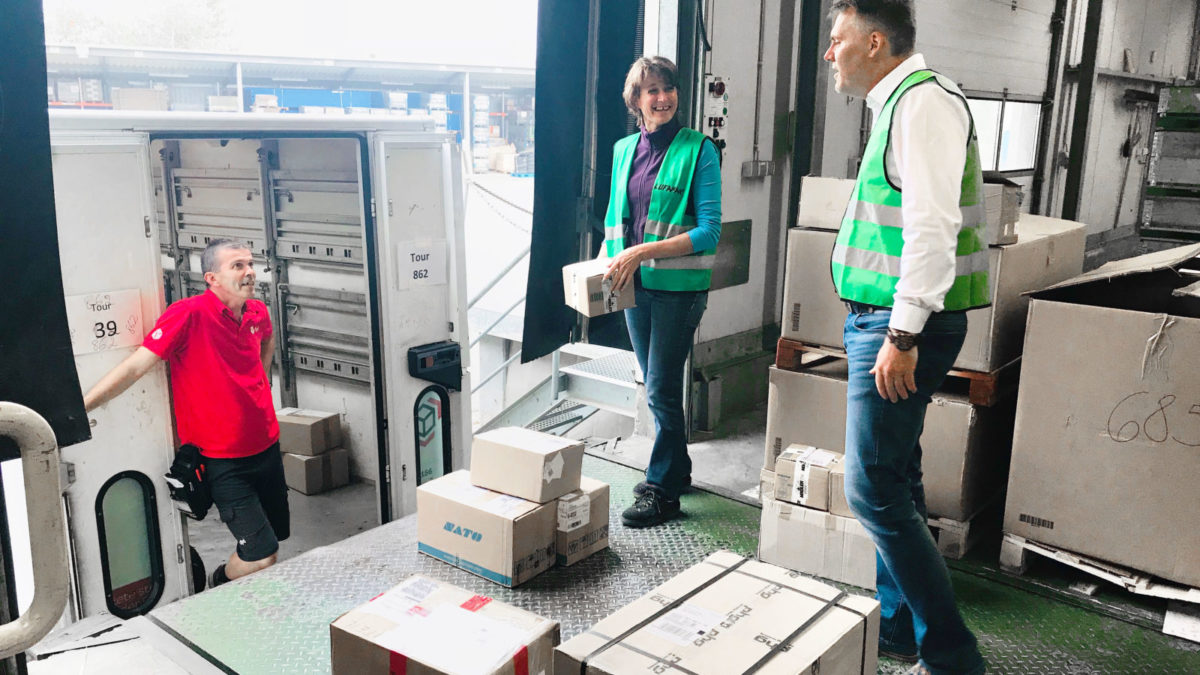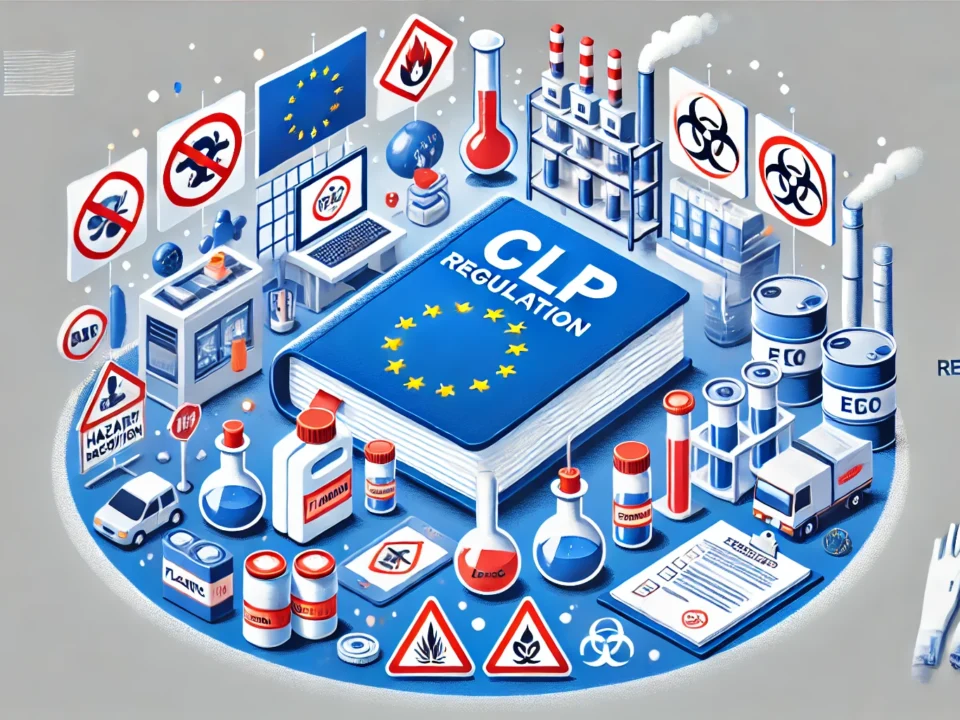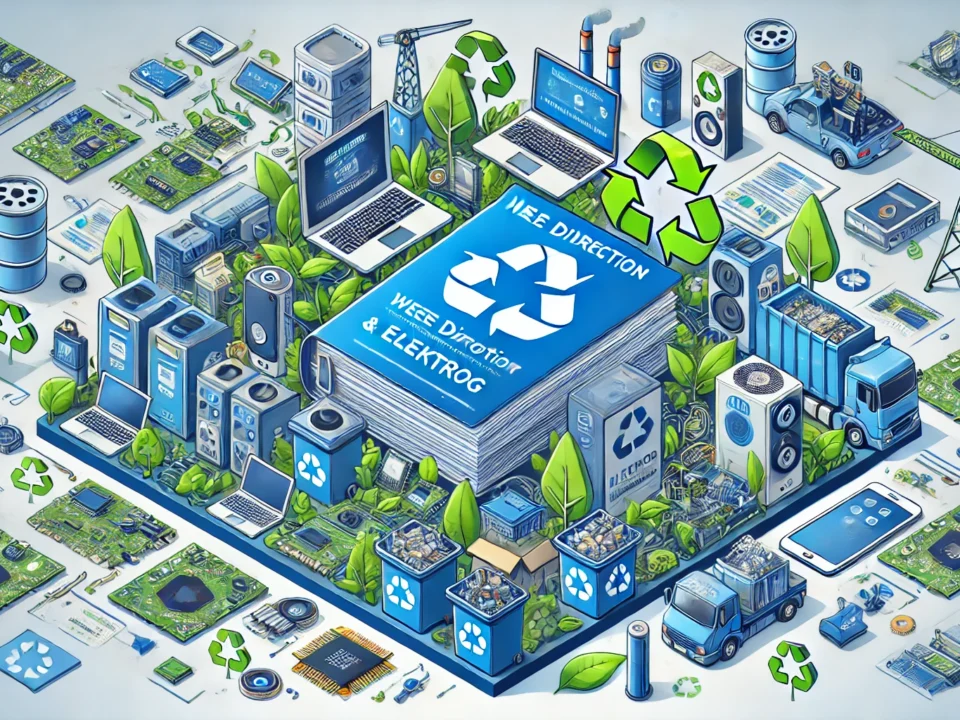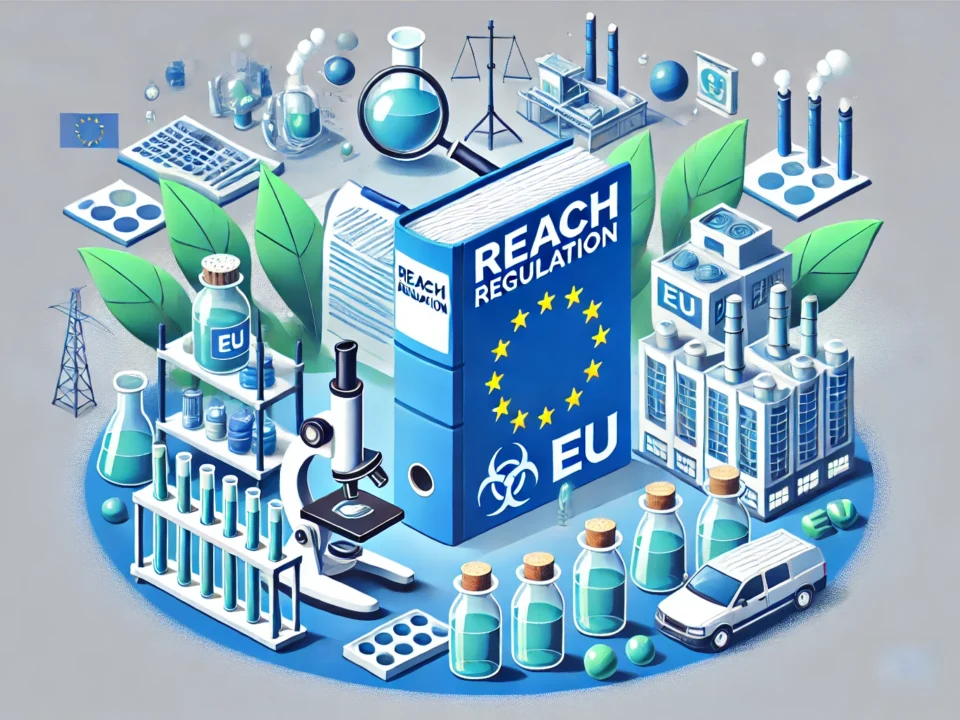International & Worldwide Transportation

What is international transportation?
International transportation refers to the shipment of goods or commodities across national borders. It can be done in a variety of ways, such as by road, air, ship or train. The purpose of international transportation is to meet the needs of businesses and consumers worldwide. It allows businesses to access international markets and opens up opportunities for consumers to purchase products from around the world. Despite the benefits that international transportation offers, it also presents challenges, such as complying with customs regulations and coordinating transportation and deliveries in different countries. Overall, international transportation is an important component of world trade and contributes to global connectivity and economic growth.
What is global transportation?
Worldwide transportation refers to the movement of goods between different countries and continents. This process also includes a variety of transportation modes such as shipping, air, road and rail. Worldwide transportation plays a critical role in the global economy by providing access to markets and resources and moving goods and services to all parts of the world. The development of the global transportation system has also strengthened ties between different countries and cultures and promoted international cooperation. Overall, global transportation is crucial to our modern society and economy.
The importance of international transport for the world economy
In today’s globalized world, international transportation plays a crucial role in the world economy. The movement of goods between countries is largely dependent on transportation. Without it, the exported products would have limited availability and thus the world economy would stagnate. International transportation enables companies to sell their products worldwide and, conversely, to import products from other countries. It also creates jobs in the logistics industry and strengthens global cooperation between different nations. International transportation is thus a key factor in the success of the global economy.
How globalization affects worldwide transportation
Increasing globalization is having a major impact on worldwide transportation. While the interconnectedness of markets and businesses around the world has led to an increase in the volume of trade, it has also led to changes in the way goods and services are transported. The growing demand for faster, more efficient and cost-effective transportation solutions has increased the use of advanced technology and spawned innovative services such as the use of drones and autonomous transport. However, globalization also has its downsides, such as pollution and resource consumption, which have increased due to the increased demand for transportation. Overall, globalization has revolutionized worldwide transportation and will continue to bring important changes and challenges in the future.
Challenges and solutions in international transportation
International transportation faces challenges that need to be addressed. One of them is the complexity of the various transportation options and their connections. The logistics and transportation industry has to deal with global customs regulations, different currencies and cultural differences. Taking innovative solutions, such as adopting technological solutions like blockchain and automated systems, can overcome these challenges. Closer collaboration between institutions and organizations at the national level is also essential to effectively manage international transportation. Managing these processes requires innovative technologies and sustainable planning. The future of international transportation lies in the rapid and accurate implementation of these solutions to ensure everything runs smoothly and efficiently.
Environmental impact of global transportation and possible solutions
Transporting goods around the globe has a significant impact on the environment. Shipping alone causes approximately one billion tons of CO2 emissions each year. In addition, emissions from ships, trucks, and aircraft cause pollution and degrade air quality near ports and airports. In addition, global transportation contributes to the destruction of natural areas, for example through the construction of roads and railways. More environmentally friendly alternatives, such as the use of renewable energy and shifting transportation to rail, should be encouraged. Innovative packaging and the use of technologies such as 3D printing can help reduce the amount of goods transported and thus CO2 emissions. It is important that both companies and consumers make sustainable choices to minimize the environmental impact of global transport.
What trends and developments are shaping the future of international transport?
The future of international transportation is shaped by a number of trends and developments that are changing our understanding of how goods and commodities are transported from point A to point B. One of these trends is increasing automation, with autonomous vehicles and drones taking over the work of humans. Another trend is the growing importance of e-commerce and the associated requirements for fast, reliable deliveries. At the same time, environmental protection is gaining in importance, leading to increased use of environmentally friendly alternatives such as electric and hydrogen drives. The future of international transport is therefore characterized by numerous changes that will have a significant impact on the way we transport goods and commodities in the coming years.
Contact us now and get advice




